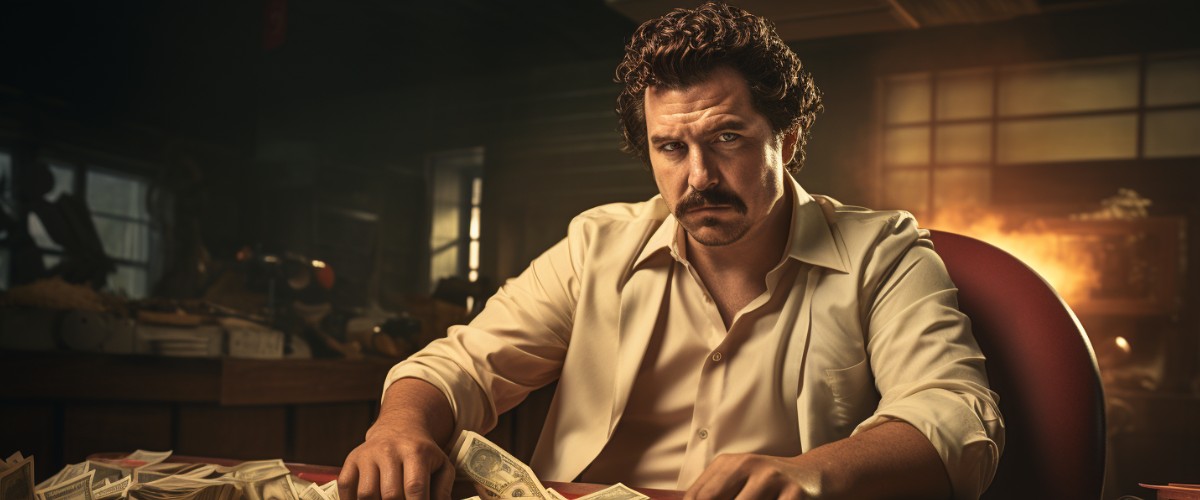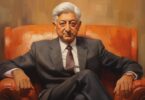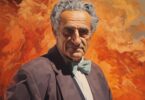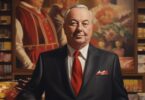In the annals of crime, few names evoke images of wealth and power quite like that of Pablo Escobar. Born in 1949 into a humble Colombian family, he built an empire on illicit activities that changed the world’s perception of wealth accumulation, underlining the stark reality of the drug trade’s financial power.
As a young lad, Escobar began his journey into the criminal world with petty street scams and black-market dealings. However, it was his decision to tap into the burgeoning drug market in the 1970s that catapulted his wealth into the stratosphere. Building on the growing appetite for cocaine in the United States, Escobar founded the Medellin Cartel, which soon controlled over 80% of the cocaine shipped to the US. This was no small operation; at its zenith, the cartel was smuggling fifteen tons of cocaine every day!
Raking in an estimated $420 million a week, Escobar’s fortune grew exponentially. By the mid-1980s, he was considered one of the world’s richest men, with a net worth estimated at a staggering $30 billion. To put this into perspective, that’s approximately $70 billion when adjusted for inflation today.
Living a life of ostentatious extravagance, Escobar was known for his luxurious residences, including his infamous estate, Hacienda Nápoles. This 7,000-acre property featured lavish amenities like a zoo filled with exotic animals, multiple swimming pools, and an array of classic cars and aircraft.
However, the darker side of Escobar’s wealth was a bloody trail of violence and corruption. His operation was built on intimidation, bribery, and extreme violence, leading to a period of instability and fear in Colombia, known as “narco-terrorism”. His downfall was as dramatic as his rise, and in 1993, after a decade of bloody violence and a fervent manhunt, Escobar was killed.
Escobar’s tale serves as a stark reminder of the destructive power of illicit wealth. His billions, accumulated through the suffering of others, did little to secure a lasting legacy. His death brought relief rather than sorrow, and his once-luxurious estates are now either in ruins or converted into museums and theme parks.
Pablo Escobar’s story underscores that the pursuit of wealth, when separated from morality and legality, often treads a path of self-destruction. While his fortune once ranked him among the world’s richest, his legacy tells a different tale. Ill-gotten gains can bring more harm than good, impacting not only the individual but society at large. Escobar’s life serves as a chilling testament to this reality, a tale echoing with the consequences of a wealth built upon illicit activities and the suffering of others.








